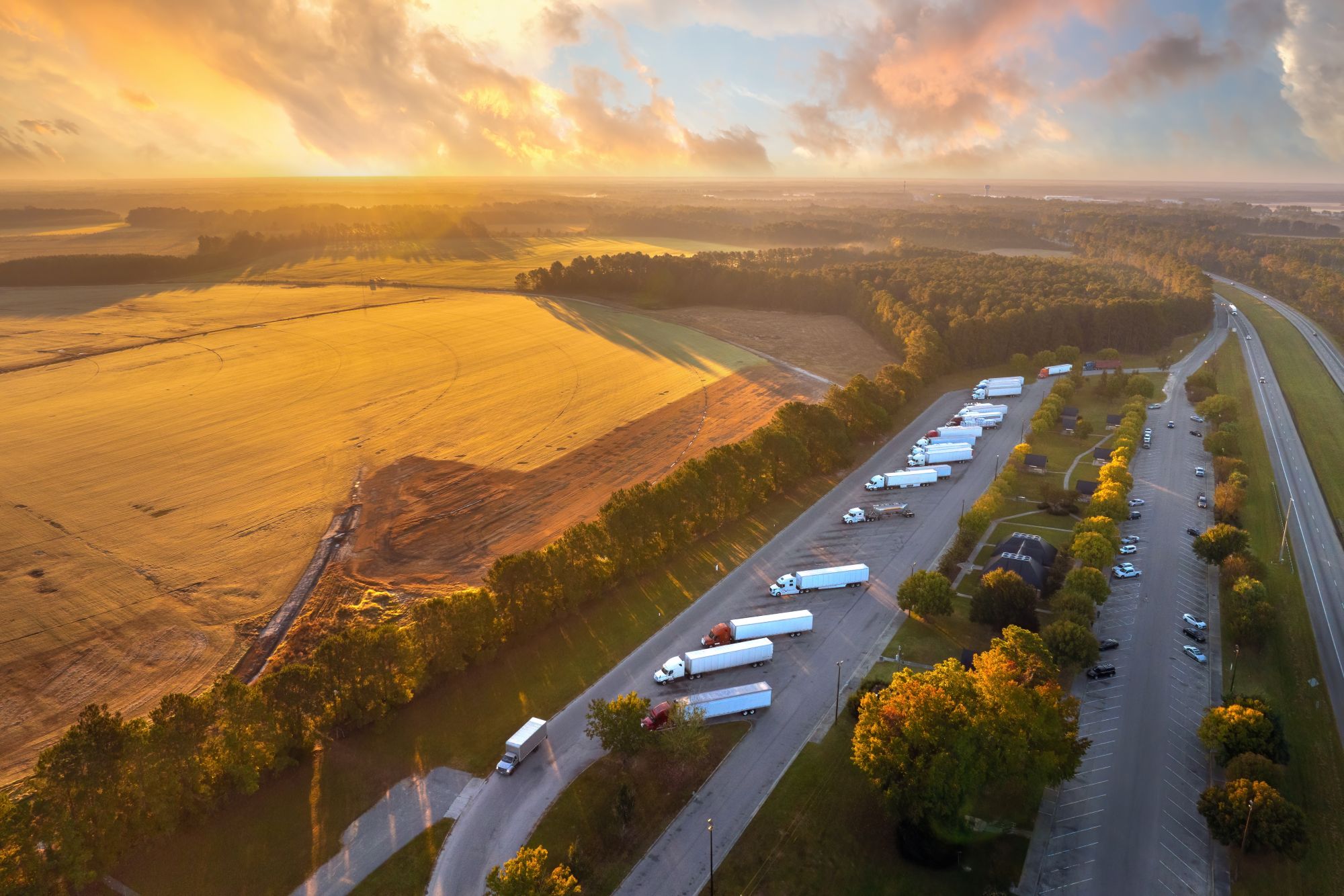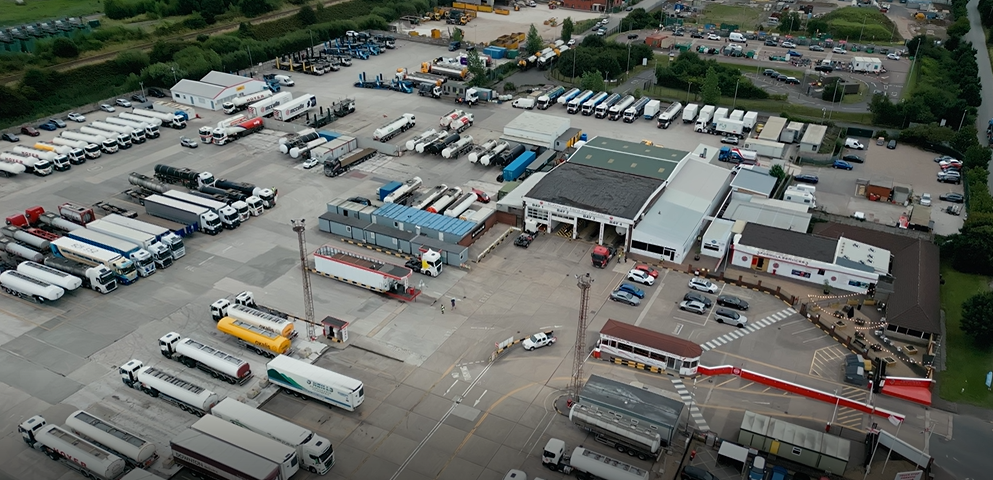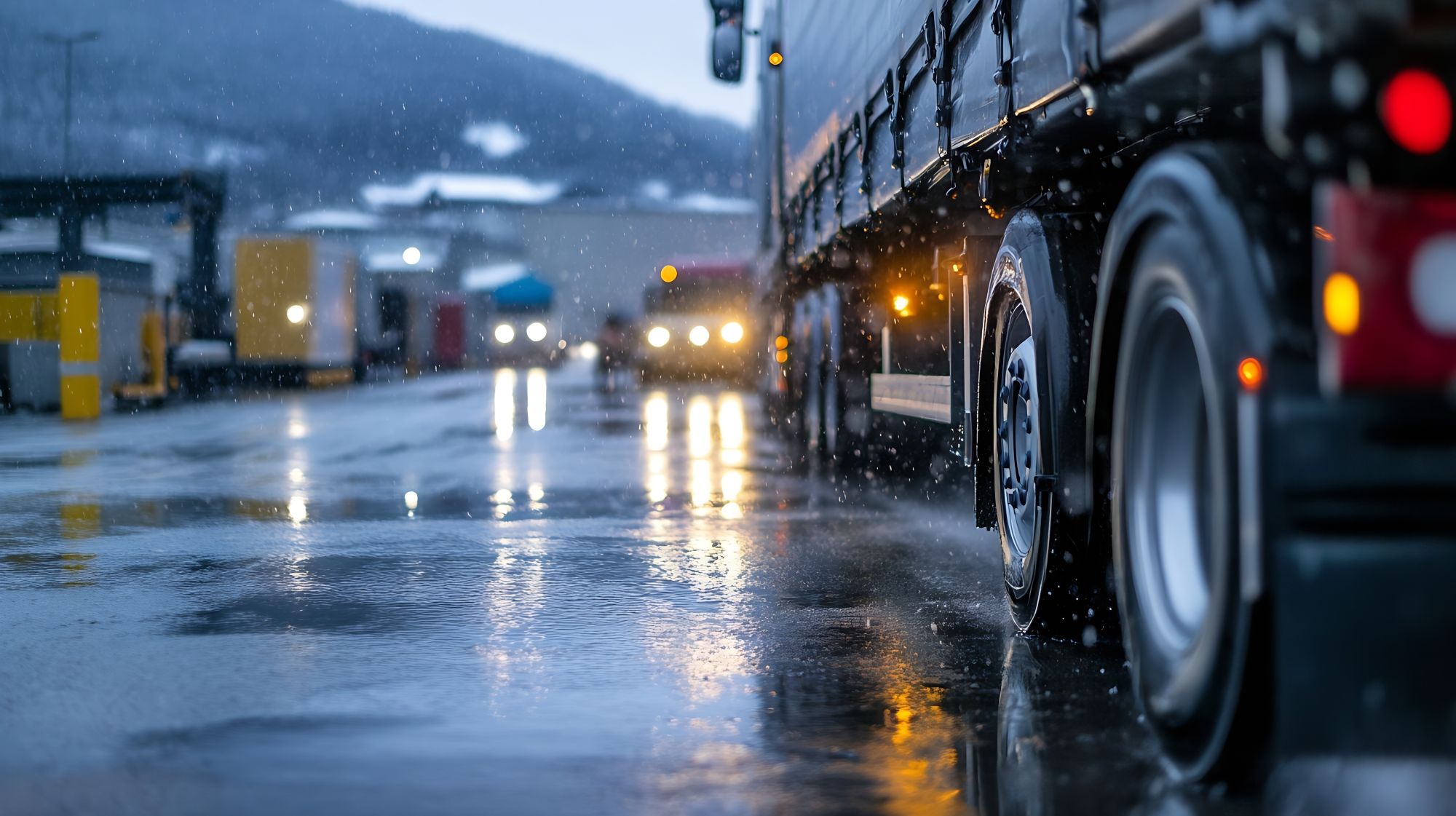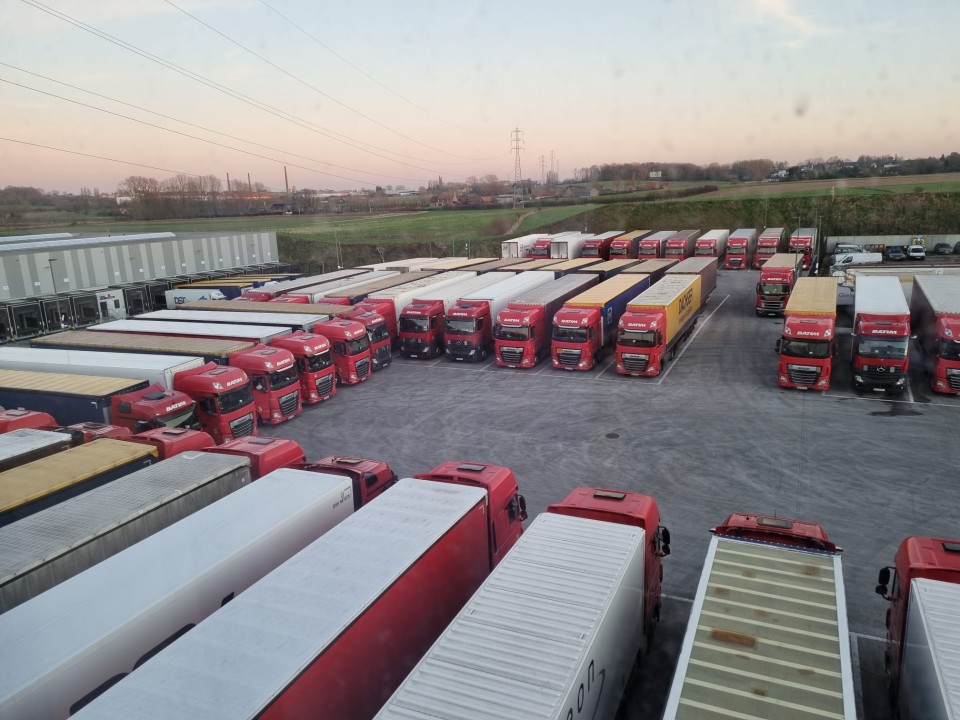
Susie Jones
Batim International Transport & Speditions SNAP-rejse
Oprettet: 19.02.2025
•
Opdateret: 19.02.2025
Batim International Transport blev grundlagt i 1995 og leverer transport- og speditionsydelser i hele Europa. Virksomheden er stolt af sin fremragende kvalitet og en topmoderne flåde bestående af SCANIA- og Mercedes-køretøjer.
Virksomheden har hovedkvarter i Stary Sącz i Polen og er ikke fremmed for vækst. I sin spæde begyndelse startede Batim med to traktorer og har nu over 500.
På denne korte tid har virksomheden opnået mange anerkendelser og certifikater - herunder prisen som årets bedste arbejdsgiver i 2014 og Forbes Magazines anerkendelse i 2015. Virksomheden stræber konstant efter vækst ved at udvide sin flåde og forbedre sine tjenester.
Batim International kom med i SNAP i de tidlige dage og bruger fortsat sin SNAP-konto til at booke parkeringspladser i hele Europa til sin store flåde. Vi har talt med driftschef Krzysztof, som fortæller om virksomhedens erfaringer med SNAP.
SNAP-fordele for flåder
SNAP giver flåder over 450 servicepartnere i hele Europa, hvor de kan bruge vores flådebetalingsløsning. "Vi tilsluttede os SNAP på grund af de kontantfrie transaktioner", forklarer Krzysztof.
En fordel for mange flåder, da SNAP er en betalingsløsning, der gør det muligt at betale for lastbilservice uden kontanter eller kort. Denne betalingsløsning kan bruges til f.eks. lastbilvask, Dartford Crossing og lastbilparkering. Sidstnævnte har ifølge Krzysztof været særligt fordelagtigt.
"SNAP har gavnet mig ved at give mig mulighed for at booke en parkeringsplads, så jeg ikke behøver at bekymre mig om en plads til chaufføren."
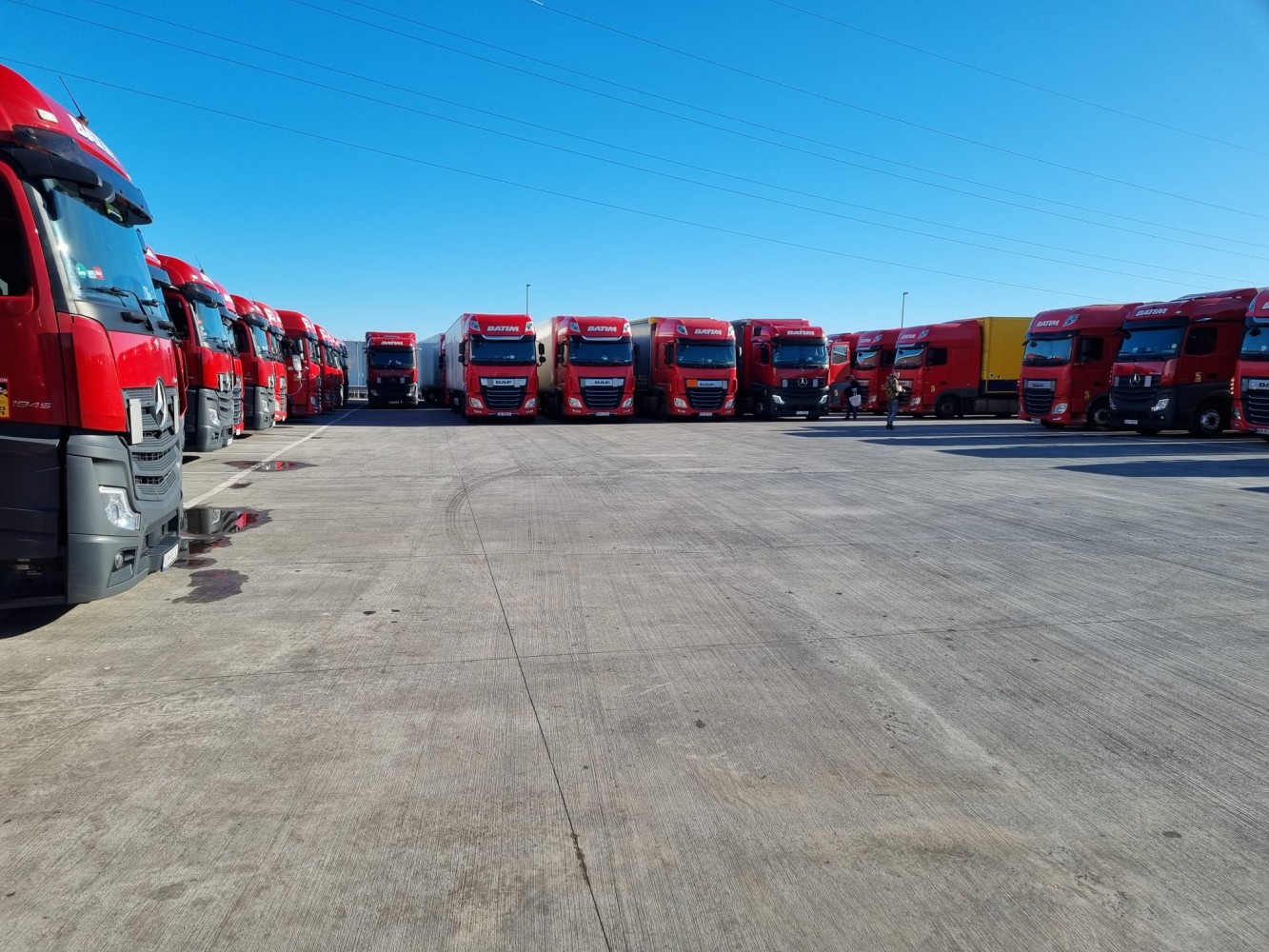
Muligheden for at søge efter en truckstop-servicepartner gennem SNAP har også været en fordel for Krzysztof. Han forklarer, at "muligheden for at tjekke og finde alle de detaljerede oplysninger om mange rastepladser i forskellige lande for at være sikker på, at der er alt, hvad der er nødvendigt med hensyn til særlig last og faciliteter for chaufførerne" har været en af de mest nyttige funktioner for ham.
Derudover har SNAP store fordele for Batims chauffører. Krzysztofs flåde af chauffører kan være trygge ved at vide, at de har et stort netværk af lastbilparkeringer og depotparkeringer at vælge imellem. Krzysztof siger, at SNAPs "store netværk af lastbilsparkeringer" har været uvurderligt.
Mange virksomheder over hele kontinentet har øget deres indtjening med vores Depot Parking Scheme. Ordningen giver flåder mulighed for at tilbyde deres depotparkeringspladser til netværket og tjene ekstra penge - og hjælpe chauffører med at undgå sårbare rastepladser og industriområder. Batim International er med til at afhjælpe den europæiske mangel på parkeringspladser ved at deltage i ordningen med deres depot i Belgien. Stedet tilbyder 20 pladser til andre chauffører, når deres lastbiler er på vejen.
SNAP-servicepartnerens indvirkning på chaufførernes trivsel
Chaufførernes velbefindende har været et varmt diskussionsemne i lastbilbranchen. Det er et krævende erhverv, og det er nemt at se, hvordan lange arbejdstider, social isolation og en stillesiddende livsstil kan påvirke den mentale sundhed.
Flåder har et ansvar for at tage sig af deres chaufførers velbefindende. Men rastepladser kan også have en betydelig indflydelse. Depotparkeringspladser og rastepladser med basale faciliteter kan forbedre chaufførernes velbefindende betydeligt. Noget, som Krzysztof og teamet mener, er afgørende for deres flåde på over 800 chauffører.
På spørgsmålet om, hvad rastepladserne kan gøre for at hjælpe chaufførerne med at trives, siger Krzysztof: "Chaufførerne har først og fremmest brug for et rent bad og toilet." For mange virker det som en simpel løsning, men den kan have stor indflydelse på chaufførens oplevelse.
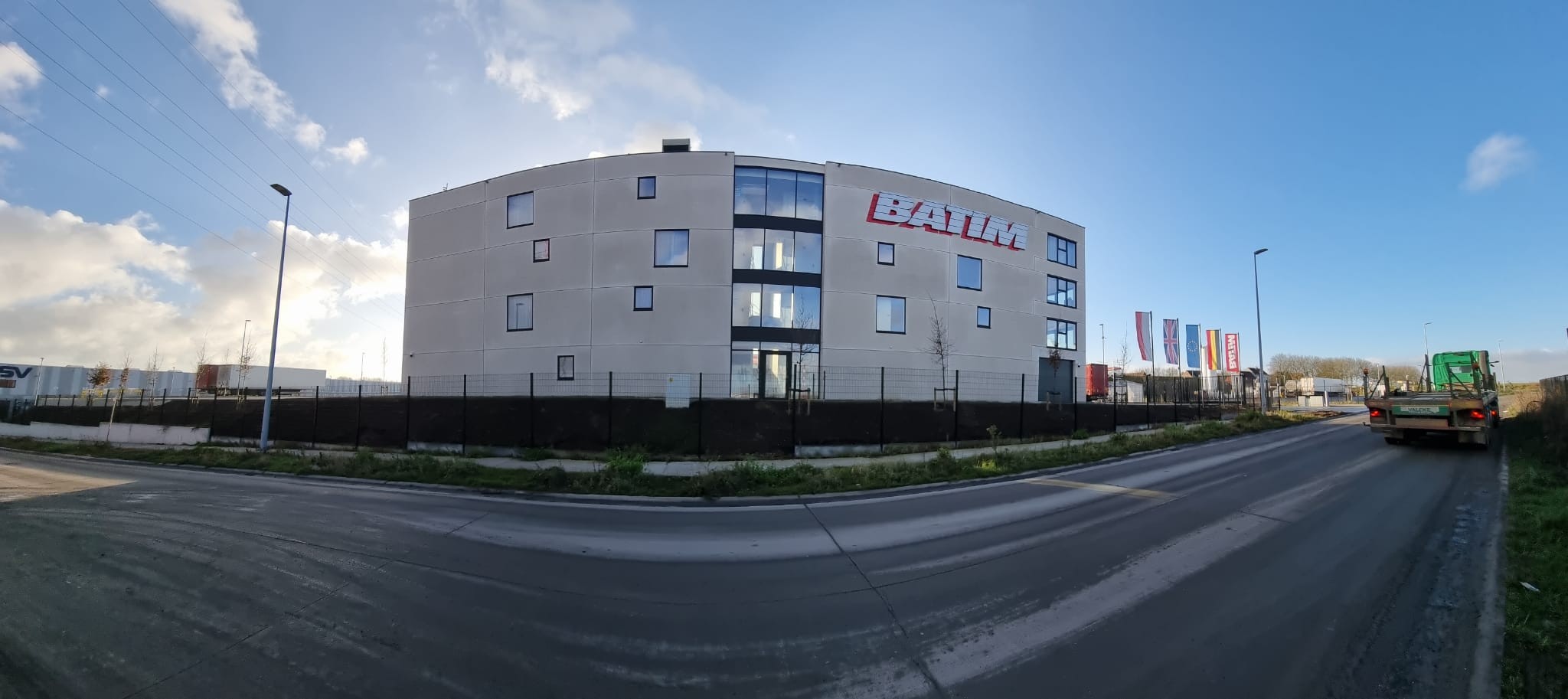
Kundeservice med SNAP
At give flåder og chauffører den støtte, de har brug for til at køre effektivt, er noget, vi er stolte af hos SNAP. Vores erfarne kundeservice- og account management-team hjælper flåder og chauffører med alle spørgsmål. Noget, Krzysztof og teamet har fundet nyttigt.
"Vi har kontaktet SNAPs kundeserviceteam - både via e-mail og telefon. Vi er altid blevet mødt med en individuel tilgang til den enkelte sag, forståelse og velvilje fra SNAP's medarbejdere til at hjælpe så meget som muligt," forklarer Krzysztof.
Tilmeld din flåde til SNAP i dag
Vores flådebetalingsløsning bruges hvert 13. sekund på tværs af kontinentet til at betale for lastbilstjenester. Besøg snapacc.com for at slutte dig til de over 7.000 flåder, der bruger SNAP Account som deres alt-i-en-betalingsløsning til flåden.
